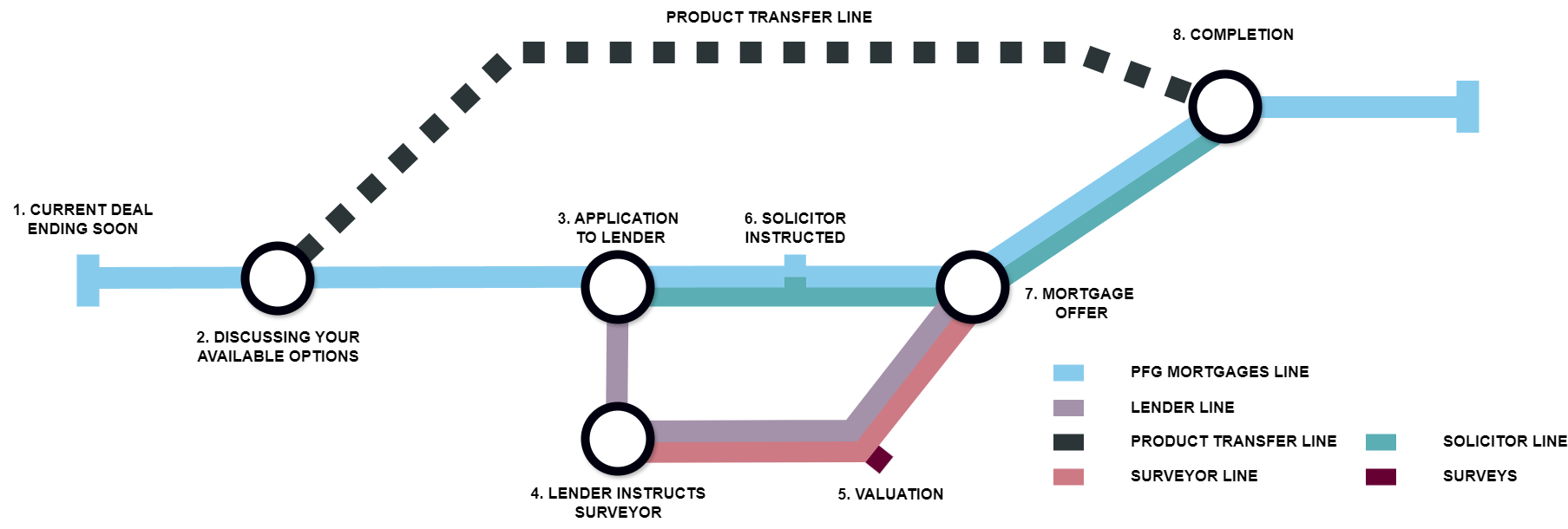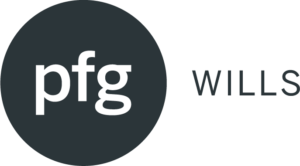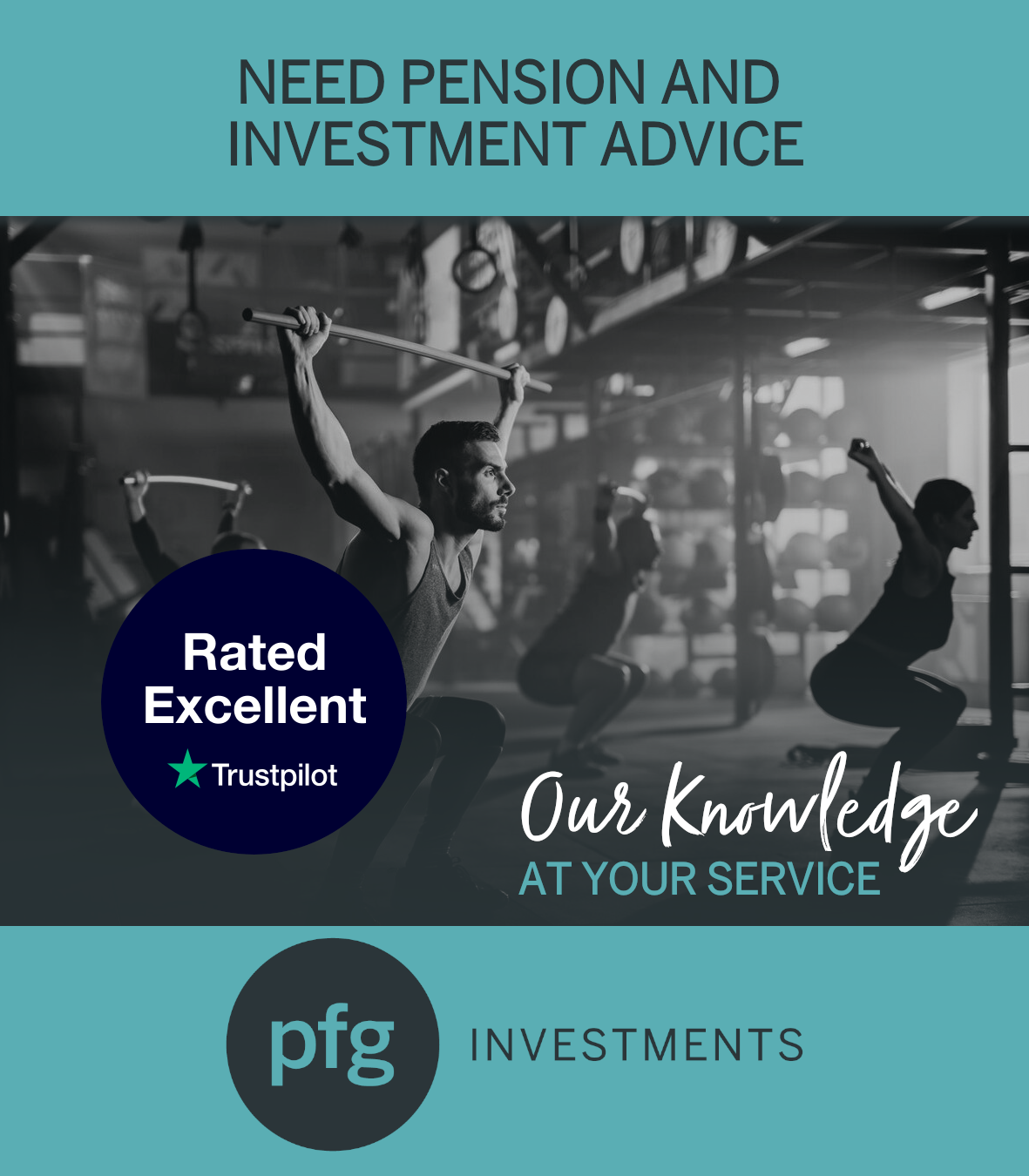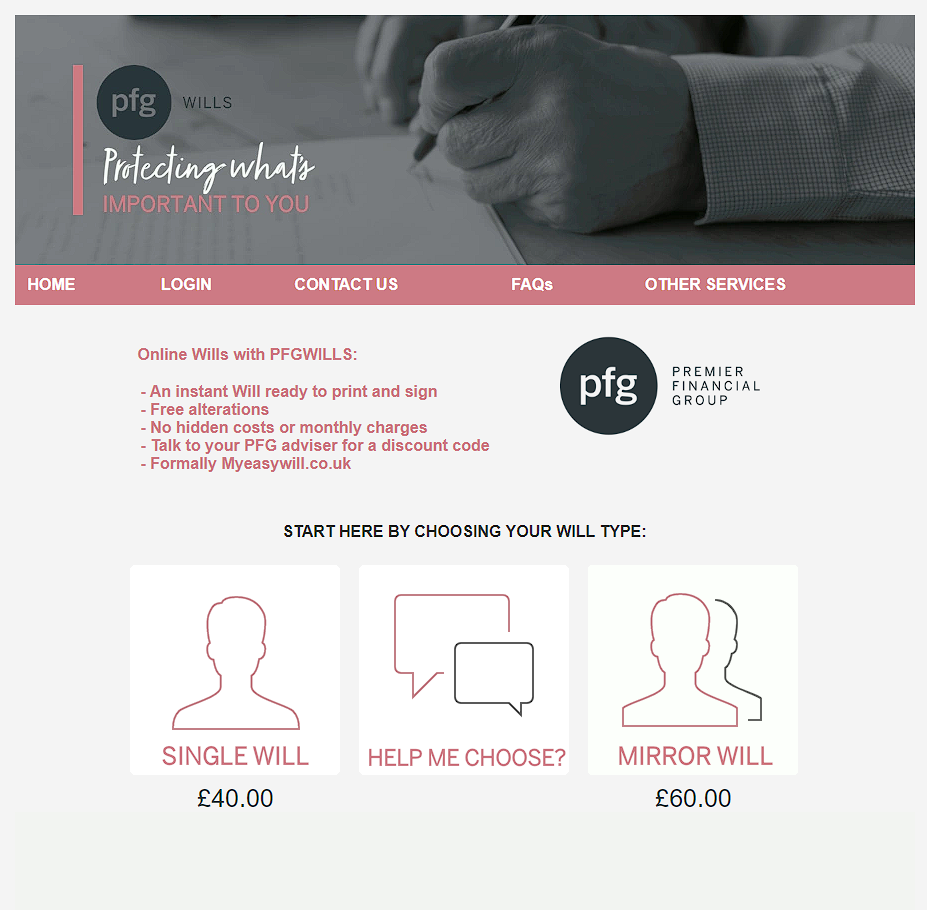Welcome to the PFG Mortgages Knowledge Bank
Please select the option below that applies
Your Mortgage Journey Planner
Feeling lost in the mortgage maze? Don’t worry, you’re not alone! Understanding the mortgage application process can be overwhelming, whether it’s your first home or your fifth. That’s why we created a simple guide, just like a London Tube map, to navigate you through each step. From finding your dream property to finally collecting the keys, our guide explains everything in clear, easy-to-understand language.
Don’t worry, there might be a few additional steps depending on your specific situation. But fear not! Your dedicated PFG Mortgage Advisor and Admin Team will be there every step of the way. They’ll explain everything clearly and guide you through the entire process, ensuring a smooth mortgage journey.
Some of the other terms that you will encounter along your mortgage journey are:
Under offer:
Once you have had your offer accepted, you are then ‘Under Offer’. At this point you will need the submit your mortgage application, with all the relevant information and documents requested by the broker The mortgage is underwritten then the valuation is instructed.
Memorandum Of Sale:
This document outlines the sale price, property address, any special conditions and the contact details for the seller, purchaser and both Solicitors. This is sent out to all parties from the selling agent.
Valuation / Survey
Before a mortgage lender will release any funds on a property they instruct a RICS Chartered Surveyor to carry out a mortgage valuation to ensure that they would be able to recover the cost of the property should your purchaser default on their mortgage.
Conveyancing
Your solicitor will send your Title Deeds along with all other paperwork relating to the sale to your buyer’s Solicitor who will obtain the appropriate searches and raise any enquiries that they have relating to the content. Once all searches have been received and all enquiries satisfied they will prepare contracts for each party.
Exchange
Once all contracts in the chain have been signed and deposits received the Solicitors will ‘Exchange Contracts’, this is legal commitment from all parties and now sets in stone the agreed completion date.
Sale Complete
The sale will officially ‘Complete’ on the date agreed in the contracts, when all funds have landed with the seller’s Solicitor.
Frequently Asked Questions
How much can I borrow?
This depends on your income, credit score, down payment (deposit), and the property value. Lenders use affordability checks to determine a suitable loan amount.
What documents do I need?
Typically, you’ll need pay slips, bank statements and a photo ID.
What types of mortgages are available?
Common options include fixed-rate, adjustable-rate, and FHA loans (government-backed for first-time buyers).
What is pre-approval?
Pre-approval gives you an estimate of how much you can borrow, making you a more competitive buyer.
What are closing costs?
Closing costs include origination fees, appraisal fees, title insurance, and taxes. These are typically added to your mortgage loan or paid upfront.
How long does it take to close on a mortgage?
The closing process typically takes 30-45 days, but can vary depending on complexity.
What is the difference between principal and interest?
The principal is the amount you borrowed. Interest is the fee you pay the lender for borrowing the money. Your monthly payment covers both.
Can I make extra payments towards my principal?
Yes, this can help you pay off your mortgage faster and save on interest.
What happens if I can't make my mortgage payments?
It’s crucial to contact your lender immediately to discuss options to avoid foreclosure.
Should I consider a fixed-rate or adjustable-rate mortgage?
Fixed-rate offers predictable monthly payments, while adjustable-rate may offer a lower initial interest rate but can fluctuate over time. Consider your risk tolerance and financial goals.
What government programs assist with homeownership?
Depending on your location and eligibility, there might be programs offering down payment assistance or lower interest rates.
Useful Documents
Useful Links (open in new windows)
Your Mortgage Journey Planner
Many homeowners face this situation, and you have options! Two popular choices are remortgaging and product transfer. Both let you switch to a new mortgage deal, but they work in different ways and offer different benefits. Let’s explore which might be the right fit for you.

Remortgaging is a breeze!
Your journey starts with a quick chat with your dedicated mortgage adviser. They’ll review your existing mortgage details and discuss your current financial situation. Remember to mention any changes in your circumstances since your initial application, as these can affect your remortgage options.
Once everything’s clear, your adviser will recommend the best remortgage option tailored to your needs.
The good news? The documentation required is the same as your first mortgage application. Gather your payslips, bank statements, and updated ID to proceed smoothly.
The Simplicity Of A Product Transfer
A product transfer, on the other hand, involves switching to a new mortgage deal with your existing lender. This process is generally simpler and faster than remortgaging, as there’s no need for a new property valuation or legal work. It’s also often a cost-effective option, as you may avoid paying certain fees associated with remortgaging.
Frequently Asked Questions
What types of mortgages are available?
Common options include fixed-rate, adjustable-rate, and FHA loans (government-backed for first-time buyers).
How do I know if I have a good remortgage rate?
Don’t get caught out hunting for the “best rate”. The best rate is not necessarily the best deal as it might come with extra fees, hidden charges or even higher ERCs (Early Repayment Charges). We will tell you the best mortgage deal for you and your circumstances and not just the best mortgage rate.
What documents do I need?
Typically, you’ll need pay slips, bank statements and a photo ID.
How long does it take to organise a remortgage?
It generally takes around eight to twelve weeks but often quicker depending on circumstances
What happens if I can't make my mortgage payments?
It’s crucial to contact your lender immediately to discuss options to avoid defaults on your payments
Useful Documents & Links
Premier Financial Group was established in March 1990. We are fully qualified Financial Services Advisers directly authorised by the FCA (Financial Conduct Authority). Click here to meet the team
Premier Financial Group cares for the financial needs of our clients both individual and corporate by applying the highest level of skill and expertise to the advice and service we give regardless of the client’s wealth. Most new clients are referred to us by personal recommendation from existing clients or professional firms so doing a good job is top of our priorities.
What do we do best?
We are committed to helping you from our first point of contact through to completion of a product as well as offering our after care service ensuring you can continue on the right track for life. The Financial Conduct Authority directly authorises us, our qualified advisers can choose products from the whole market. More importantly, each of our advisers specialise in a certain area instead of a ‘jack of all trades’ approach you may see elsewhere.
PFG Mortgages are your Mortgage Specialists
We are 100% independent and can advise on products
across the whole mortgage market
Our 5* rated team is always on hand to help
With you from application to completion and beyond
More than just Mortgages we offer advice on Insurance, Wills, & Investments
Please get in touch today for a no-obligation conversation about how we can help
find you the best mortgage for your needs.
Why Choose
Checkout our Reviews
Your Mortgage Journey Planner
Feeling lost in the mortgage maze? Don’t worry, you’re not alone! Understanding the mortgage application process can be overwhelming, whether it’s your first home or your fifth. That’s why we created a simple guide, just like a London Tube map, to navigate you through each step. From finding your dream property to finally collecting the keys, our guide explains everything in clear, easy-to-understand language.
Don’t worry, there might be a few additional steps depending on your specific situation. But fear not! Your dedicated PFG Mortgage Advisor and Admin Team will be there every step of the way. They’ll explain everything clearly and guide you through the entire process, ensuring a smooth mortgage journey.
Some of the other terms that you will encounter along your mortgage journey are:
Under offer:
Once you have had your offer accepted, you are then ‘Under Offer’. At this point you will need the submit your mortgage application, with all the relevant information and documents requested by the broker The mortgage is underwritten then the valuation is instructed.
Memorandum Of Sale:
This document outlines the sale price, property address, any special conditions and the contact details for the seller, purchaser and both Solicitors. This is sent out to all parties from the selling agent.
Valuation / Survey
Before a mortgage lender will release any funds on a property they instruct a RICS Chartered Surveyor to carry out a mortgage valuation to ensure that they would be able to recover the cost of the property should your purchaser default on their mortgage.
Conveyancing
Your solicitor will send your Title Deeds along with all other paperwork relating to the sale to your buyer’s Solicitor who will obtain the appropriate searches and raise any enquiries that they have relating to the content. Once all searches have been received and all enquiries satisfied they will prepare contracts for each party.
Exchange
Once all contracts in the chain have been signed and deposits received the Solicitors will ‘Exchange Contracts’, this is legal commitment from all parties and now sets in stone the agreed completion date.
Sale Complete
The sale will officially ‘Complete’ on the date agreed in the contracts, when all funds have landed with the seller’s Solicitor.
Frequently Asked Questions
How much can I borrow?
This depends on your income, credit score, down payment (deposit), and the property value. Lenders use affordability checks to determine a suitable loan amount.
What documents do I need?
Typically, you’ll need pay slips, bank statements and a photo ID.
What types of mortgages are available?
Common options include fixed-rate, adjustable-rate, and FHA loans (government-backed for first-time buyers).
What is pre-approval?
Pre-approval gives you an estimate of how much you can borrow, making you a more competitive buyer.
What are closing costs?
Closing costs include origination fees, appraisal fees, title insurance, and taxes. These are typically added to your mortgage loan or paid upfront.
How long does it take to close on a mortgage?
The closing process typically takes 30-45 days, but can vary depending on complexity.
What is the difference between principal and interest?
The principal is the amount you borrowed. Interest is the fee you pay the lender for borrowing the money. Your monthly payment covers both.
Can I make extra payments towards my principal?
Yes, this can help you pay off your mortgage faster and save on interest.
What happens if I can't make my mortgage payments?
It’s crucial to contact your lender immediately to discuss options to avoid foreclosure.
Should I consider a fixed-rate or adjustable-rate mortgage?
Fixed-rate offers predictable monthly payments, while adjustable-rate may offer a lower initial interest rate but can fluctuate over time. Consider your risk tolerance and financial goals.
What government programs assist with homeownership?
Depending on your location and eligibility, there might be programs offering down payment assistance or lower interest rates.
Useful Documents
Useful Links (open in new windows)
Your Mortgage Journey Planner
Many homeowners face this situation, and you have options! Two popular choices are remortgaging and product transfer. Both let you switch to a new mortgage deal, but they work in different ways and offer different benefits. Let’s explore which might be the right fit for you.

Remortgaging is a breeze!
Your journey starts with a quick chat with your dedicated mortgage adviser. They’ll review your existing mortgage details and discuss your current financial situation. Remember to mention any changes in your circumstances since your initial application, as these can affect your remortgage options.
Once everything’s clear, your adviser will recommend the best remortgage option tailored to your needs.
The good news? The documentation required is the same as your first mortgage application. Gather your payslips, bank statements, and updated ID to proceed smoothly.
The Simplicity Of A Product Transfer
A product transfer, on the other hand, involves switching to a new mortgage deal with your existing lender. This process is generally simpler and faster than remortgaging, as there’s no need for a new property valuation or legal work. It’s also often a cost-effective option, as you may avoid paying certain fees associated with remortgaging.
Frequently Asked Questions
What types of mortgages are available?
Common options include fixed-rate, adjustable-rate, and FHA loans (government-backed for first-time buyers).
How do I know if I have a good remortgage rate?
Don’t get caught out hunting for the “best rate”. The best rate is not necessarily the best deal as it might come with extra fees, hidden charges or even higher ERCs (Early Repayment Charges). We will tell you the best mortgage deal for you and your circumstances and not just the best mortgage rate.
What documents do I need?
Typically, you’ll need pay slips, bank statements and a photo ID.
How long does it take to organise a remortgage?
It generally takes around eight to twelve weeks but often quicker depending on circumstances
What happens if I can't make my mortgage payments?
It’s crucial to contact your lender immediately to discuss options to avoid defaults on your payments
Useful Documents & Links
Premier Financial Group was established in March 1990. We are fully qualified Financial Services Advisers directly authorised by the FCA (Financial Conduct Authority). Click here to meet the team
Premier Financial Group cares for the financial needs of our clients both individual and corporate by applying the highest level of skill and expertise to the advice and service we give regardless of the client’s wealth. Most new clients are referred to us by personal recommendation from existing clients or professional firms so doing a good job is top of our priorities.
What do we do best?
We are committed to helping you from our first point of contact through to completion of a product as well as offering our after care service ensuring you can continue on the right track for life. The Financial Conduct Authority directly authorises us, our qualified advisers can choose products from the whole market. More importantly, each of our advisers specialise in a certain area instead of a ‘jack of all trades’ approach you may see elsewhere.
PFG Mortgages are your Mortgage Specialists
We are 100% independent and can advise on products
across the whole mortgage market
Our 5* rated team is always on hand to help
With you from application to completion and beyond
More than just Mortgages we offer advice on Insurance, Wills, & Investments
Please get in touch today for a no-obligation conversation about how we can help
find you the best mortgage for your needs.
Why Choose
Checkout our Reviews
Your Mortgage Journey Planner
Feeling lost in the mortgage maze? Don’t worry, you’re not alone! Understanding the mortgage application process can be overwhelming, whether it’s your first home or your fifth. That’s why we created a simple guide, just like a London Tube map, to navigate you through each step. From finding your dream property to finally collecting the keys, our guide explains everything in clear, easy-to-understand language.
Don’t worry, there might be a few additional steps depending on your specific situation. But fear not! Your dedicated PFG Mortgage Advisor and Admin Team will be there every step of the way. They’ll explain everything clearly and guide you through the entire process, ensuring a smooth mortgage journey.
Some of the other terms that you will encounter along your mortgage journey are:
Under offer:
Once you have had your offer accepted, you are then ‘Under Offer’. At this point you will need the submit your mortgage application, with all the relevant information and documents requested by the broker The mortgage is underwritten then the valuation is instructed.
Memorandum Of Sale:
This document outlines the sale price, property address, any special conditions and the contact details for the seller, purchaser and both Solicitors. This is sent out to all parties from the selling agent.
Valuation / Survey
Before a mortgage lender will release any funds on a property they instruct a RICS Chartered Surveyor to carry out a mortgage valuation to ensure that they would be able to recover the cost of the property should your purchaser default on their mortgage.
Conveyancing
Your solicitor will send your Title Deeds along with all other paperwork relating to the sale to your buyer’s Solicitor who will obtain the appropriate searches and raise any enquiries that they have relating to the content. Once all searches have been received and all enquiries satisfied they will prepare contracts for each party.
Exchange
Once all contracts in the chain have been signed and deposits received the Solicitors will ‘Exchange Contracts’, this is legal commitment from all parties and now sets in stone the agreed completion date.
Sale Complete
The sale will officially ‘Complete’ on the date agreed in the contracts, when all funds have landed with the seller’s Solicitor.
Frequently Asked Questions
How much can I borrow?
This depends on your income, credit score, down payment (deposit), and the property value. Lenders use affordability checks to determine a suitable loan amount.
What documents do I need?
Typically, you’ll need pay slips, bank statements and a photo ID.
What types of mortgages are available?
Common options include fixed-rate, adjustable-rate, and FHA loans (government-backed for first-time buyers).
What is pre-approval?
Pre-approval gives you an estimate of how much you can borrow, making you a more competitive buyer.
What are closing costs?
Closing costs include origination fees, appraisal fees, title insurance, and taxes. These are typically added to your mortgage loan or paid upfront.
How long does it take to close on a mortgage?
The closing process typically takes 30-45 days, but can vary depending on complexity.
What is the difference between principal and interest?
The principal is the amount you borrowed. Interest is the fee you pay the lender for borrowing the money. Your monthly payment covers both.
Can I make extra payments towards my principal?
Yes, this can help you pay off your mortgage faster and save on interest.
What happens if I can't make my mortgage payments?
It’s crucial to contact your lender immediately to discuss options to avoid foreclosure.
Should I consider a fixed-rate or adjustable-rate mortgage?
Fixed-rate offers predictable monthly payments, while adjustable-rate may offer a lower initial interest rate but can fluctuate over time. Consider your risk tolerance and financial goals.
What government programs assist with homeownership?
Depending on your location and eligibility, there might be programs offering down payment assistance or lower interest rates.
Useful Documents
Useful Links (open in new windows)
Your Mortgage Journey Planner
Many homeowners face this situation, and you have options! Two popular choices are remortgaging and product transfer. Both let you switch to a new mortgage deal, but they work in different ways and offer different benefits. Let’s explore which might be the right fit for you.

Remortgaging is a breeze!
Your journey starts with a quick chat with your dedicated mortgage adviser. They’ll review your existing mortgage details and discuss your current financial situation. Remember to mention any changes in your circumstances since your initial application, as these can affect your remortgage options.
Once everything’s clear, your adviser will recommend the best remortgage option tailored to your needs.
The good news? The documentation required is the same as your first mortgage application. Gather your payslips, bank statements, and updated ID to proceed smoothly.
The Simplicity Of A Product Transfer
A product transfer, on the other hand, involves switching to a new mortgage deal with your existing lender. This process is generally simpler and faster than remortgaging, as there’s no need for a new property valuation or legal work. It’s also often a cost-effective option, as you may avoid paying certain fees associated with remortgaging.
Frequently Asked Questions
What types of mortgages are available?
Common options include fixed-rate, adjustable-rate, and FHA loans (government-backed for first-time buyers).
How do I know if I have a good remortgage rate?
Don’t get caught out hunting for the “best rate”. The best rate is not necessarily the best deal as it might come with extra fees, hidden charges or even higher ERCs (Early Repayment Charges). We will tell you the best mortgage deal for you and your circumstances and not just the best mortgage rate.
What documents do I need?
Typically, you’ll need pay slips, bank statements and a photo ID.
How long does it take to organise a remortgage?
It generally takes around eight to twelve weeks but often quicker depending on circumstances
What happens if I can't make my mortgage payments?
It’s crucial to contact your lender immediately to discuss options to avoid defaults on your payments
Useful Documents & Links
Life Insurance & Protection – Speak to your adviser today
Life insurance is worth considering as soon as you have any large financial commitments such as a mortgage, as the earlier you start to pay for life insurance the lower the monthly payments could be.
Home Insurance or Buildings Insurance
Get Yourself Covered Today
This is an essential requirement for all mortgages. Your mortgage lender will insist you have buildings insurance in place because as soon as you exchange contracts on a property, at that point you are then legally responsible for the building and the lender wants to make sure that their investment is protected.
Even if you own your home outright, buildings insurance protects the money invested in your home, it would be reckless to have the wrong building insurance policy or cover amount.
When considering buildings and contents insurance generally, the floor, roof, windows and walls of your property are covered by buildings insurance and the items like furniture, appliances and decorative items are covered by contents insurance.
Some parts of your property can be hard to define into which area they are categorised. There are many policies out there that will not include certain items under the “buildings” section that others will, why not speak to one of our advisers to help you with these questions.
Not sure what the value of your building insurance should cover? Or how much contents cover you require? Talk to one of our specialists today to talk over your requirements.
To discuss the options available to you please contact our team today


Our online Will writing service at PFG Wills is designed to make the process simple and convenient for you. With our easy-to-use platform, you can create a legally binding Will from the comfort of your own home. Start planning for the future today with our convenient online service.
Premier Financial Group was established in March 1990. We are fully qualified Financial Services Advisers directly authorised by the FCA (Financial Conduct Authority). Click here to meet the team
Premier Financial Group cares for the financial needs of our clients both individual and corporate by applying the highest level of skill and expertise to the advice and service we give regardless of the client’s wealth. Most new clients are referred to us by personal recommendation from existing clients or professional firms so doing a good job is top of our priorities.
What do we do best?
We are committed to helping you from our first point of contact through to completion of a product as well as offering our after care service ensuring you can continue on the right track for life. The Financial Conduct Authority directly authorises us, our qualified advisers can choose products from the whole market. More importantly, each of our advisers specialise in a certain area instead of a ‘jack of all trades’ approach you may see elsewhere.
PFG Mortgages are your Mortgage Specialists
We are 100% independent and can advise on products
across the whole mortgage market
Our 5* rated team is always on hand to help
With you from application to completion and beyond
More than just Mortgages we offer advice on Insurance, Wills, & Investments
Please get in touch today for a no-obligation conversation about how we can help
find you the best mortgage for your needs.
Why Choose
Checkout our Reviews





